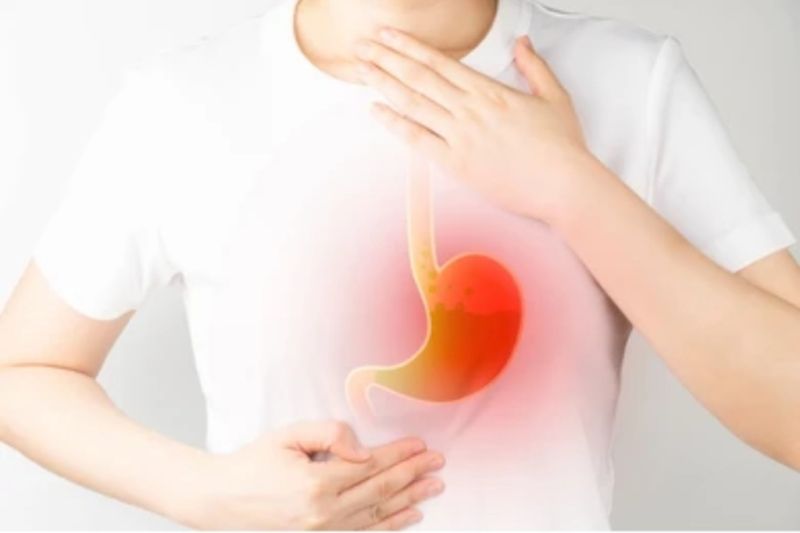Jakarta (ANTARA) – the Gastro Esophageal Reflux Disease (GERD) is not life-threatening, but can cause some dangerous complications, even so the Specialist Gastroenterology FKUI-RSCM Prof. Dr. dr. Ari Fahrial Syam, SpPD-KGEH, MMB, FINASIM.
If ignored and not treated properly can cause irritation and inflammation on the inner wall of the esophagus (esophagus).
Read also: Food should not be consumed on an empty stomach
“Eventually will lead to chronic wounds, a narrowing of the esophagus at the bottom, until the happening of esophageal cancer,” said Prof. Ari in the webinar on Thursday.
GERD is a disease of the gastrointestinal tract with symptoms and complications that interfere with, due to reflux or rising gastric contents into the esophagus. GERD can be caused by the weakening of the valve or sphincter in the lower esophagus, so it is not able to close properly.
The main symptom of this disease is the sensation of pain and also a sense of burning (heartburn) on the chest and the mouth taste bitter.
Prof. Ari mention some of the risk factors that can increase GERD such as obesity, hiatal hernia, pregnancy, gastric emptying late and scleroderma.
In addition, recurrence of GERD can also be triggered by activities such as smoking, consuming food in large portions at a time, eat on time is too late, consume foods that are fatty or fried foods, drink or consume caffeinated foods, as well as taking certain medications such as aspirin.
The handling of GERD are not completed can cause complications of inflammation on the inner wall of the esophagus or esophagus. Such inflammation can lead to the appearance of the wound to scar tissue in the esophagus so that the sufferer becomes difficult to swallow.
“These conditions also trigger the occurrence of Esophagitis, Esophageal Stricture, and barrett’s Esophagus is a disease that raises the risk of esophageal cancer. GERD can lead to death if it changes the structure of the esophagus and transformed into cancer of the esophagus,” says Prof. Ari.
Globally, the prevalence of GERD is 8-33 percent (all ages, all genders). The prevalence of GERD in each country is different, for example, more than 25 percent in South Asia and Southern Europe, 18-27 percent in North America, and less than 10 percent in East Asia, Southeast Asia, Canada, and France.
A study in Indonesia showed the prevalence of GERD in the population of urban areas is 9.35 percent. However a survey online with 2.045 respondents, shows that at 57.6 percent of those suffering from GERD known with the filling of the GERD-Quesionnaire (GERD-Q).
According To Prof. Ari, the management of the most important of GERD is to prevent the occurrence of relapse. Therefore, there needs to be education to the patient in order to understand the risk factors and triggers of onset of GERD, for as much as possible be avoided.
“Patients with GERD also be recommended to perform the repair of lifestyle to prevent recurrence, such as having the ideal body weight, quit smoking, do not lie down immediately after eating, eat slowly, and do not use clothes that are too tight in the waist area,” he explained.
Read also: Get acquainted with the acid of the stomach and prevention through lifestyle
Read also: Tips for safe fasting for patients with GERD
Read also: GERD when the pandemic-driven stress factors
Pewarta: Maria Cicilia
Editor: Ida Nurcahyani
COPYRIGHT © BETWEEN 2022
–


